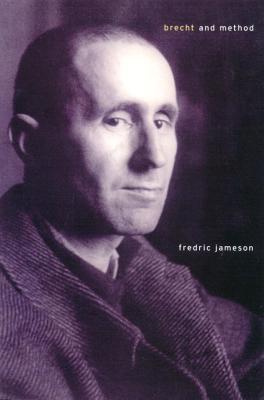What do you think?
Rate this book


192 pages, Paperback
First published January 1, 1998
So, should we decide to keep the word 'method', let us then fabulate it a bit, and absorb it into a language, thought, and narrative practice that can lend it a specifically Brechtian resonance and distinctiveness. We will therefore now unmask it, not as method in general, but as the 'Great Method' [i.e. dialectic], that doctrine taught by the legendary Me-ti [from [book:Bertolt Brecht's Me-ti: Book of Interventions in the Flow of Things|26246801] ] in some alternate prehistory to our own. Indeed, Brecht's [no longer] untranslated Book of Changes clearly imposes itself on our discussions here; and just as Gramsci's euphemism for it—the 'philosophy of praxis'—modifies that Marxian 'dialectic' he wished to smuggle past his fascist censors, so also the Brechtian Great Method stages that same traditional dialectic in a rather different way, disclosing its metaphysical or pre-Socratic dimensions ('in der Grossen Methode ist die Ruhe nur ein Grenzfall des Streits' - 'in the Great Method, rest is only a special case of strife' - XVIII, 184) very differently from Stalin's dialectical materialism, and offering Marxism its own uniquely non-Western—or at least, non-bourgeois—philosophy—in the form of a kind of Marxian Tao: "Me-ti said: it is advantageous, not merely to think according to the great Method but to live according to the great Method as well. Not to be identical with oneself, to embrace and intensify crises, to turn small changes into great ones and so forth one need not only observe such phenomena, one can also act them out. One can live with greater or fewer mediations, in more numerous or less numerous relationships. One can aim at or strive for a more durable transformation of one's consciousness by modifying one's social being. One can help to make the institutions of the state more contradictory and thereby more capable of development."